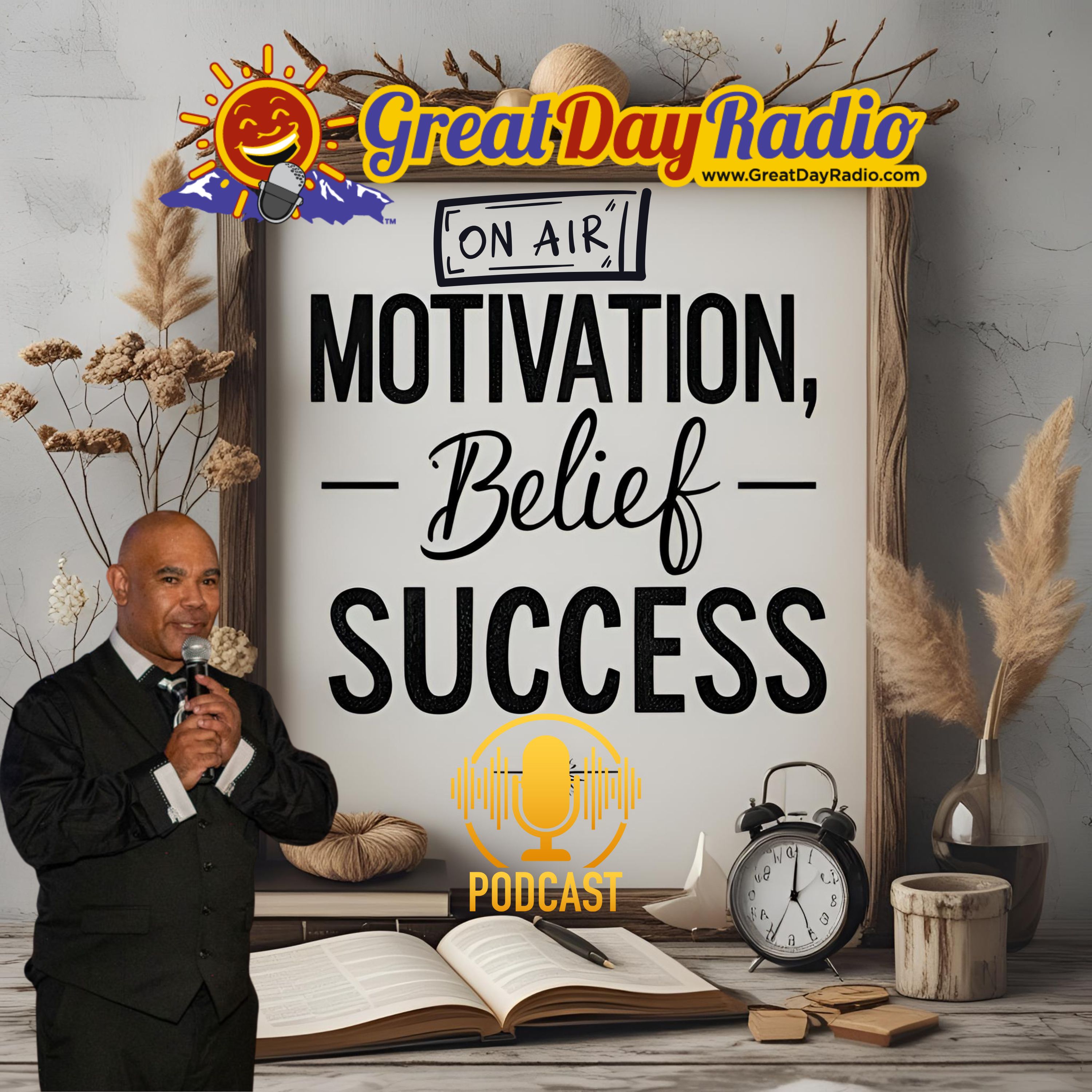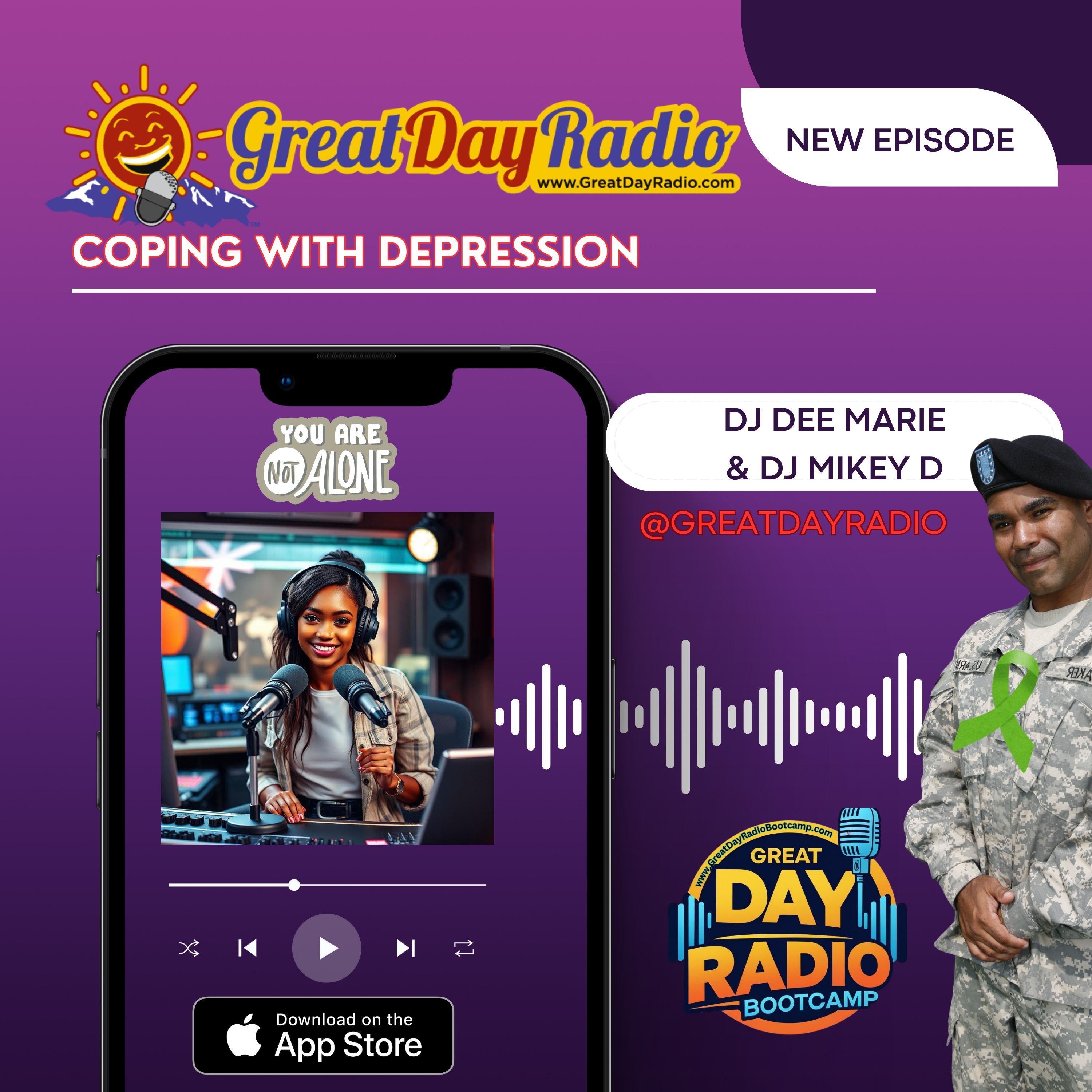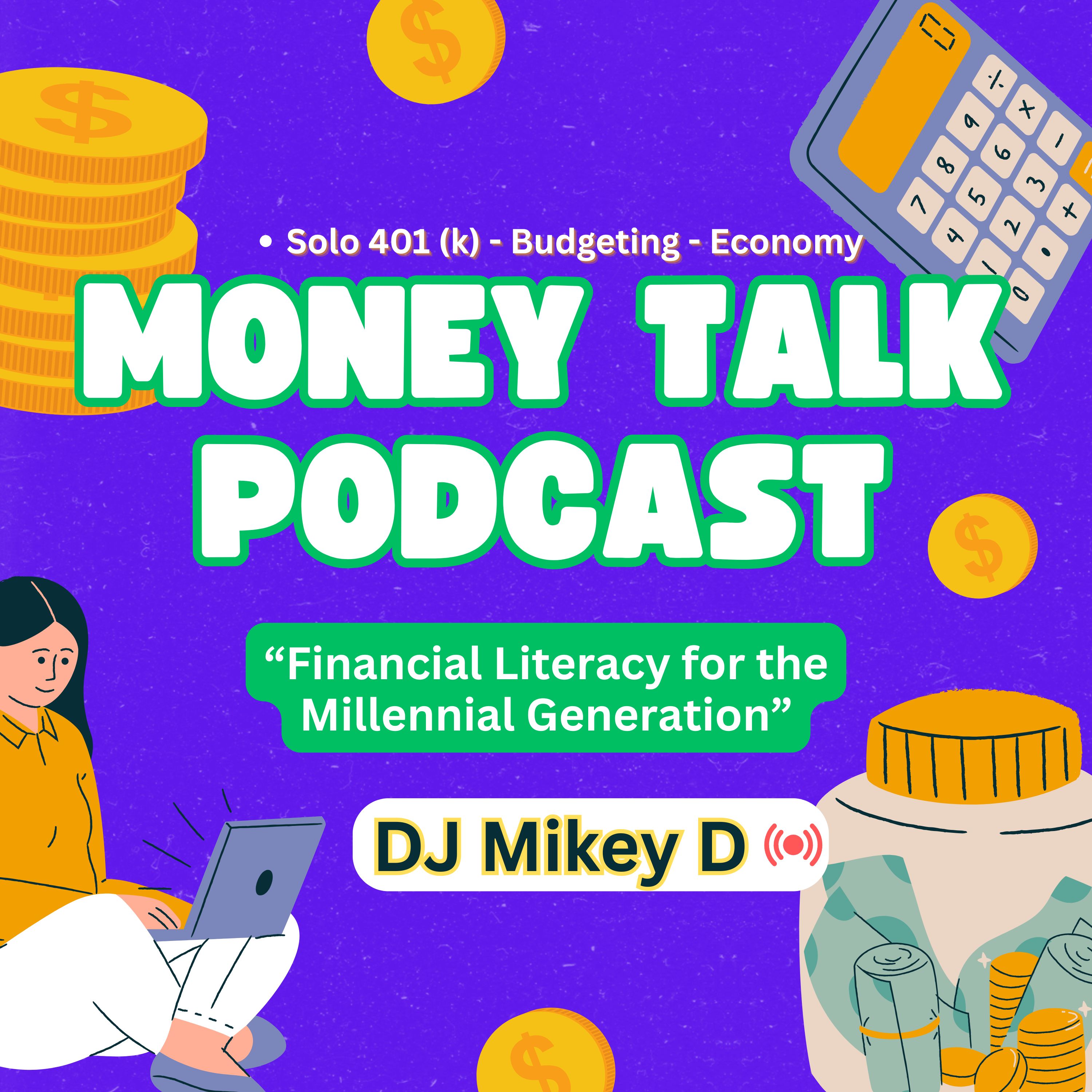
How Belief Shapes Achievement and Success
Science shows belief literally rewires our brains, creating neural pathways that help us succeed. It's not just psychology—it's biology. How are you training your belief muscle today? #MindsetMatters #BelieveToAchieve
The Power of Belief: Science, Psychology, and Practical Applications
Have you ever wondered why some people achieve extraordinary things while others with similar talents don't? The answer might lie in the power of belief. On our recent Great Day Radio podcast episode, we explored how belief fundamentally shapes human achievement—not just as feel-good psychology, but as scientific reality backed by extensive research.
Neuroscience has revealed something remarkable: when we truly believe we can accomplish something, our brains physically change. Neural pathways restructure themselves to support our expectations and goals. This biological response to belief explains why people with identical abilities but different levels of self-confidence achieve dramatically different results. Albert Bandura's groundbreaking research on self-efficacy demonstrated that people with strong belief in their capabilities approach challenges as opportunities rather than threats, consistently outperforming their equally talented but less confident counterparts. The implications of this research extend far beyond academic understanding—they offer a practical framework for improving performance in virtually any domain of life.
The transformative power of belief becomes particularly evident when we examine real-world examples. Consider Thomas Edison's persistent pursuit of the light bulb filament. After trying over 1,000 different materials without success, most people would have abandoned the effort. Edison's unique belief system reframed these setbacks not as failures but as valuable discoveries about "ways that wouldn't work." This perspective, born from deep self-belief, enabled the persistence that eventually led to one of history's most transformative inventions. Similarly, research consistently shows that students with strong self-belief perform significantly better academically, athletes with high self-efficacy train harder and recover faster from injuries, and entrepreneurs who believe in their capabilities persist through early failures that would derail others. These patterns emerge across every field of human endeavor, suggesting that belief creates self-perpetuating cycles of positive action and achievement.
The collective aspect of belief amplifies its power exponentially. Studies published in the American Psychologist have found that teams with shared beliefs and vision consistently outperform groups lacking this cohesion. This multiplier effect explains why successful organizations invest heavily in cultivating shared belief systems through what psychologists call "belief architectures"—structured approaches designed to support and reinforce positive expectations throughout the organization. These aren't passive features of high-performing teams but actively cultivated elements that generate extraordinary results. The good news is that belief isn't fixed—it's highly trainable like a muscle. Practical approaches include capturing small wins, observing others succeed (vicarious experiences), receiving encouragement (social persuasion), and managing emotional states to support positive expectations.
A structured approach to strengthening belief involves belief auditing (identifying current beliefs and their origins) followed by belief engineering (deliberately constructing new, empowering beliefs based on evidence rather than past limitations). Daily practices like keeping an evidence journal to record progress and successes help collect new proof supporting desired beliefs. Surrounding yourself with "belief reinforcers"—people, environments, and experiences that strengthen your new belief system—creates an ecosystem naturally supporting empowering beliefs. The research conclusively shows that community plays a crucial role in this process, as our beliefs are heavily influenced by our social environment. By cultivating your "tribe" of supportive individuals who share your aspirations, you create positive feedback loops between belief and achievement. The most transformative insight from all this research is that belief isn't some mystical force some people magically possess—it's a practical tool anyone can develop and strengthen over time, changing not just thoughts but actions, outcomes, and ultimately, entire life trajectories.
Belief isn't fixed—it's trainable like a muscle. Start with belief auditing, then move to belief engineering. The research shows this works across every field from sports to business. What limiting belief will you challenge today?





